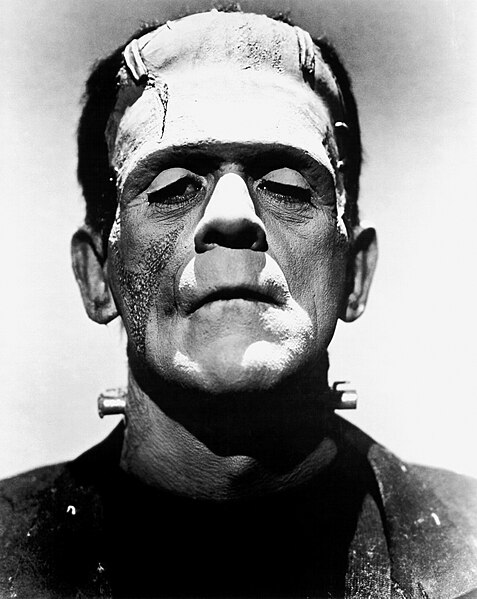How to be a Productive and Valued Member of a Writers' Group
I may not be a bestselling author, but I do know what it takes to be a great member of a writing group. It takes a combination of practice, empathy, and resilience. In fact, it takes much of what it does to be a great writer. Here are some tips.
- Read.
- So what if you don't like post-modern horror.Read outside your comfort zone. Challenge yourself to learn from and enjoy reading books and stories that you normally would avoid. There are lists of great books of every possible type all over the place. Choose a few. Read them. Just fucking read already.
- Did I say anything about reading? Read everything from the back of the cereal box to Tolstoy.
- But the new James Bond is opening tonight...Show up as often as you can. If you only show up when your own work is being critiqued, you will quickly fall out of favor with the group.
- Was that middle, end, beginning? Learn the rules of storytelling. You can do this by reading. Yes reading. Did I mention reading?
- Orange you glad I didn't say banana? Does the hero always have to reluctant? Do we always have to like the point of view? Once you learn the rules, break them. At least once. (Oh wait, that was a writing tip...Oh well.)
9 Tips for Critiquing Others
- Why do you keep harping on reading? Have you been reading? Because if you haven’t, you have no business critiquing.
- Share the love. Be generous. Your critique is important, but your generosity and encouragement as a fellow writer and reader are even more so. Help the other members of your group become better writers by praising what they do well and pointing out what could be better.
- Establish trust. This might mean restraining your wildly inventive and brilliant ideas for a session or two while you get to know the group and how they communicate. But there will be time for you to shine as you become a valued member of the group.
- Nice is as nice does. Nice doesn’t make for good critique. Once you have established trust in the group, you can become more critical.
- Lock up your inner snark. Zingers aren’t critique.
- It's not your story. When you critique, remember the writer may not be writing for you. She may be addressing someone else. It’s your job to make her more successful in her storytelling. It isn’t your job to change the writing into something you would prefer.
- Know your limitations. If you’ve been reading, then you know what you like and what you don’t like. If a book has been read and loved by many and you can’t stand it, then that is something worth noting. Why don’t you like it? A little self awareness will help you become better at critiquing work you don’t like.
- They heard you the first time. When you find yourself (and you will) in the position of trying to convince the other critical readers of your take on the piece under review, stop before it becomes an endless loop. Say your piece, trust that the writer has heard it, and move on. Trust me, that's easier to write than to do. (For me, at least.)
- Lose the red pen. Critique groups are not editorial groups. There are times when you just cannot avoid picking up the red pen and rearranging words, fixing punctuation, and rewriting sentences. This should never be done for more than a few paragraphs. You are not an editor. You are there to engage with the writing in a meaningful and careful manner that goes beyond fixing poor grammar or a misshapen sentence. This can be extremely difficult. I find the group helps me formalize my critique. So do time and practice.
8 Tips for Getting Critique
- Mirror mirror on the wall... If what you want from a critique group is an affirmation of your talent, then get an agent and be done with it. Don’t burden the group with your easily bruised ego.
- How do you keep your armor so shiny? Try to drop your defensive posture. When you have a chance to respond to the critique, use that time to ask questions and get more out of the group. (Hat tip to Eric for pointing this out in his comment.)
- Know when you need critique and when you need editing. If you don’t want to change your work, then don’t submit it. Give it to an editor.
- Set expectations for the group. Tell them what you want to learn. Give them guidelines. Every submission you make to the group should be accompanied by 3 questions you want your critical readers to think about.
- Don’t wait for something to be perfect. You joined the group for their help. Let them help. Don’t try to impress them with your expertise.
- I can't stand up for falling down. Sometimes the best way to succeed is to fail. It’s often easier to make a horrid piece of storytelling great than to improve a mediocre one.
- Stand up for yourself. Avoid the critiqued-to-death story. You need to have enough confidence in your story to take the critique that improves your work and leave the other stuff behind.
- Remember a project is never finished. It’s abandoned. There is only so close to perfect you can get.
(UPDATE: Thanks to Jackie for advice on the lead ins... and for the best ones.)





















